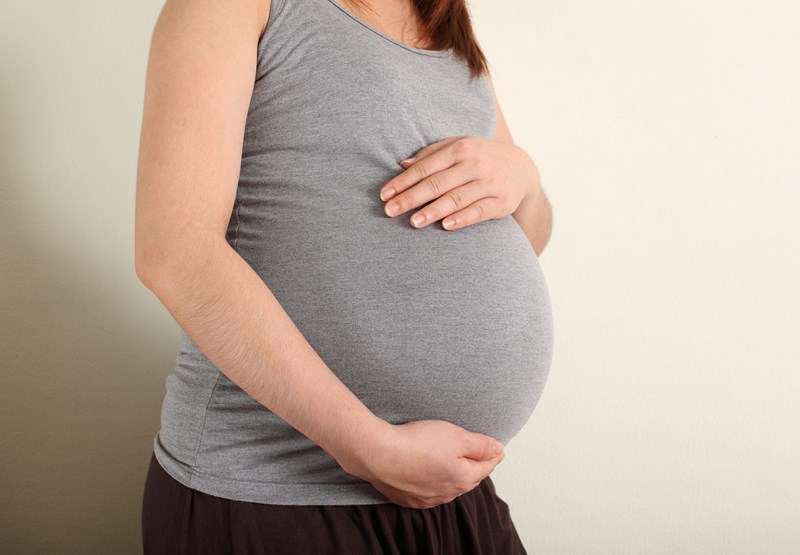The government has launched a consultation seeking views on new proposals to extend redundancy protection for pregnant women and new parents.
As the law currently stands, employees who are placed at risk of redundancy when they are absent on maternity, adoption or shared parental leave have an absolute right to be offered a suitable alternative vacancy (where one is available) in priority to other employees who are also at risk of redundancy. They do not need to apply for the vacancy, nor must they undertake a competitive interview process. However, this protection does not apply to pregnant employees who have not yet started their maternity leave, nor does it apply to employees who have recently returned to work from maternity, adoption or shared parental leave. It’s important to bear in mind though that the current protection is not a right not to be made redundant; an employee on maternity, adoption or shared parental leave can still be made redundant. Rather, it’s a statutory right to be offered any available suitable alternative vacancy during the redundancy process in priority to other “at risk” employees.
The consultation proposes to extend the current protection to cover both women who have notified their employers in writing that they are pregnant and new mothers who have returned to work from maternity leave in the previous six months. It also seeks views on extending the same six-month protection to new parents (including men) returning to work from adoption leave, shared parental leave and longer periods of unpaid parental leave. Finally, the consultation commits to exploring the evidence for increasing the three-month time limit within which an employment tribunal claim of discrimination, harassment or victimisation (including on grounds of pregnancy and maternity) can ordinarily be brought.
Government research has found that one in nine women said they had been dismissed or made redundant when they returned to work after having a baby, or they were treated so badly they felt forced out of their job. The same research estimates 54,000 women a year lose their jobs due to pregnancy or maternity.
The consultation closes on 5 April 2019.







